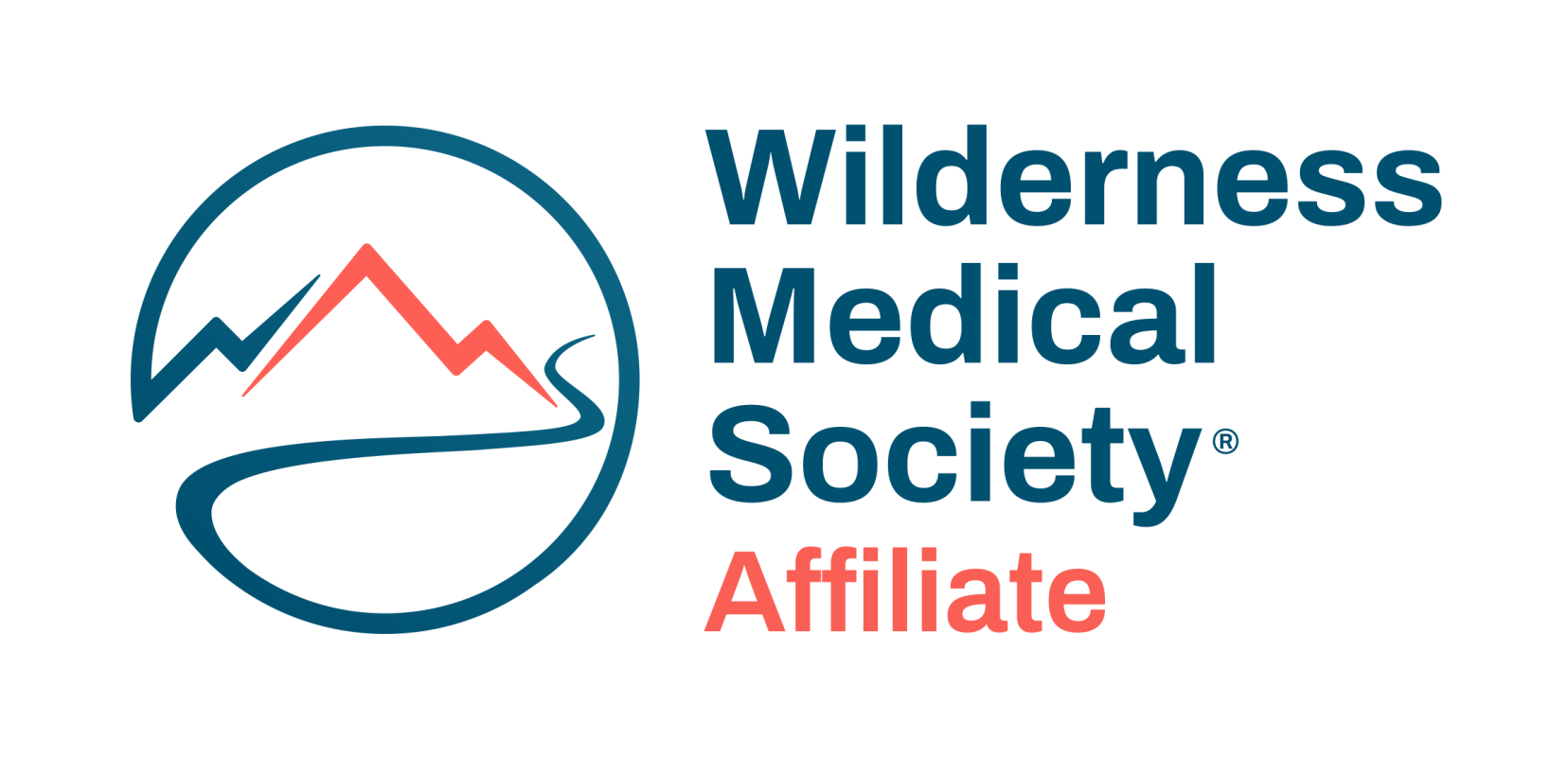Wilderness First Responder Recertification

Recertify your* in-person or hybrid Wilderness First Responder certification with Backcountry Medical Training! Our intensive 20-hour WFR Recertification course minimizes lecture and maximizes hands-on practice, scenarios, and real-world application—perfect for those who guide or adventure in remote settings. You'll get plenty of instructor and peer feedback, along with opportunities for self-assessment, to refresh and elevate your WFR skills. Students earn a 2-year certification card upon successful completion of the WFR recertification course. The renewal grace period for this WFR is an additional year after certification.
| Date & Time | Location | Cost | Space Available | |
|---|---|---|---|---|
|
March 21st, 8:00 am-6:30 pm March 22nd, 8:00 am-6:30 pm |
Backcountry Medical Training @ CPR Seattle 118 NE 45th Street, Seattle WA 98105 |
$349.00 | 9 | Enroll |
Prerequisites
- WFR Certification Card: Students must possess a current, or one-year expired, WFR certification card from a course that meets or exceeds the Wilderness Medicine Education Collaborative (WMEC) current certification standard for WFR (see standards listed below).
- BLS/CPR Prerequisite Work: Students must complete the online portion of our blended learning BLS/CPR course. A link will be sent to students upon enrollment - allow 2.5 hours for completion. Practice and skills evaluation are integrated into the WFR course.
Certifications Earned
When you successfully complete a WFR-Recert through Backcountry Medical Training, you will earn:
- Wilderness First Responder certification valid for two years, with a one-year grace period for renewal.
- Basic Life Support (BLS) CPR & AED certification through HSI valid for two years.
- CPR Seattle Epinephrine Autoinjector & Anaphylaxis Training Certificate (WA State Approved).
WMEC Wilderness First Responder Standards

Backcountry Medical Training follows the certification guidelines set forth by the Wilderness Medicine Educational Collaborative, the only professional organization currently setting standards for the Wilderness First Aid course and Wilderness Medicine courses. Here is a summary of their requirements for a WFR course:
- The WFR course should provide a minimum of 70 hours of in-person class time in a traditional learning course, and 45 hours of in-person time for a hybrid course.
- The WMEC does not recommend WFR or WFR recertification courses that are taught entirely online (e.g. synchronous, asynchronous, or a combination of each).
- WFR graduates must be certified in adult and child CPR and AED use based on the American Heart Association (AHA) or International Liaison Committee on Resuscitation (ILCOR) guidelines and their skills practiced and verified through in-person training.
In addition, the WMEC requires that WFR courses focus on the following proficiencies:
- Rescuer and patient safety and protection, a physical exam to identify apparent injuries or abnormalities, assessing signs, symptoms, and vital sign patterns, and obtaining a relevant patient history.
- Prevent medical problems anticipated by the activity and environment.
- Recognize environmental conditions that may lead to problems and take steps to mitigate the environmental challenge.
- Stabilize emergencies, initiation of specific and appropriate medical treatments (e.g., splints, wound care, spine injury management, managing environmental threats, etc.), and assisting patients with their medications.
- Make informed decisions regarding the need and urgency of an evacuation.
Backcountry Medical Training will recertify graduates from other Wilderness First Responder courses as long as they meet the above criteria. We will not recertify WFR graduates from fully online programs.
Why take a WFR-Recert rather than recertifying in a WFA course?
WFR: A Higher Level of Care than WFA: A 20-hour WFR Recert course is the best way to maintain your valuable Wilderness First Responder certification. Depending on your initial provider, you may be permitted to recertify by taking a shorter 16-hour Wilderness First Aid (WFA) class. However, WFA is a lower standard of care with a lesser scope of practice than WFR. If you're highly confident in your medical skills and regularly participate in non-certification continuing education through your employer or organization, recertifying with a WFA course may be sufficient. However, joining a class taught at a higher level—alongside more experienced peers—often provides a more rewarding and challenging experience.
Expand, don't just maintain your WFR Skills: Our 20-hour WFR Recertification course offers more hands-on practice, deeper medical knowledge, and an expanded scope to reinforce and build on your original WFR training. You'll learn alongside like-minded peers with the experience to engage in meaningful discussions and high-level skills practice. To maintain the integrity of a Backcountry Medical Training WFR card, all students must pass written and practical evaluations. The course also includes Basic Life Support (BLS) CPR certification—the recognized standard for first responders, EMTs, and other medical professionals.
